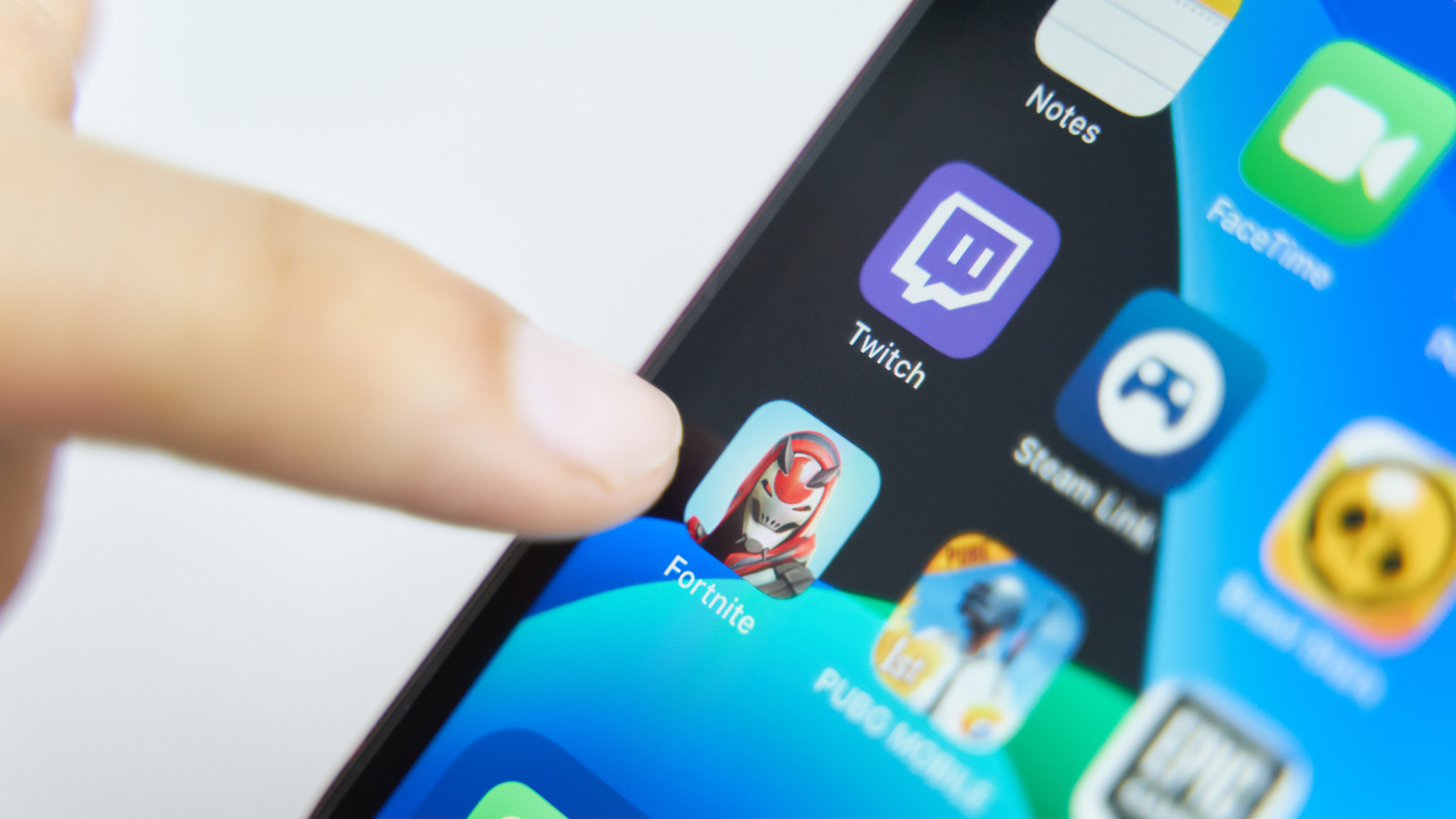Fortnite is coming back to the iPhone next week, according to Epic Games CEO Tim Sweeney. That may not sound like huge news to those of you that have never played Fortnite, but the game’s return follows a court ruling that has implications for many other apps you likely use every day.
The ruling, from judge Yvonne Gonzalez Rogers, states definitively that Apple is no longer allowed to stop developers from linking to purchases outside the App Store or limit them from explaining where such purchases can be made.
What does this mean practically? Well, have you ever tried to subscribe to Netflix, upgrade Spotify, or buy a Kindle book on your iPhone? These things can’t be done right now, at least not through the iPhone apps. You also won’t find any language explaining this inside those apps. Instead, you’ll have to go onto a web browser, make the purchases there, then go back to your phone to access the movie or book, etc. This odd situation is the result of a tangle of policies between the big tech companies—one that’s hostile to users.
Currently, Apple demands that all commercial transactions inside apps go through the App Store itself. The company claims this is for security and ease of use, but Apple also happens to take a sizable cut of all App Store transactions. This means, should Netflix allow users to subscribe inside the app, it would have to pay Apple a large percentage—between 15 and 30 percent—to Apple every month. Until recently, Apple also forbade companies from linking to external websites where transactions can be made or even referencing that such alternative places to pay exist.
Different companies have responded to this in different ways. Epic Games, which owns Fortnite, pulled its apps from the App Store entirely. Some companies, including Netflix, don’t offer any signup options in the app at all, and hope that users will figure out they need to sign up elsewhere. Some companies just charge more to App Store customers: YouTube Premium, for example, costs $18.99 per month in the App Store but only $13.99 if you sign up in your browser. Some companies, like Patreon, use a different tactic: If you sign up to support someone on Patreon using your iPhone, 30 percent of your monthly contribution goes straight to Apple instead of to the creator you wanted to support.
The ruling will have implications for all such companies, allowing them to explain these things inside the app while also linking to alternative places to subscribe. Spotify told The Verge that it will soon add a link to its web-based subscription inside its iPhone app. Apple, for its part, intends to appeal the ruling, meaning the situation could change. For now, though, companies are a bit more free to link to and talk about alternative ways to make purchases.
